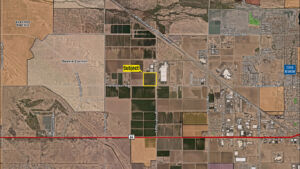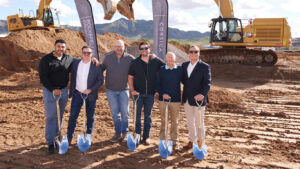
By Cheryl Lombard, CEO and president of Valley Partnership
Federal:
VP’s role:
–Provided a forum for a continuing and constructive dialogue between federal congressional representatives and the development community with our monthly meetings.
Provided formal comments on the EPA’s Waters of the U.S. Rule (“WOTUS”) and it potential damage to Arizona’s economic vitality.
–As a long time supporter of the Southeast Arizona Land Exchange and Conservation Act, also known as Resolution Copper, we were very happy to see it passed by Congress and signed by the President. The project will create 3,700 direct, high-wage jobs and a $61 billion fiscal impact to Arizona.
–Participated in the Spring Congressional Western Caucus Policy Roundtable on Land, Energy & Water. Spoke on impacts to Valley development by the EPA WOTUS and the proposed Desert Tortoise Endangered Species listing.
State:
VP’s role:
–Supported the extension of the Central Arizona Project (CAP) 4-cent ad-valorem tax from 2017 to 2045. This tax is levied by CAP in Maricopa, Pinal and Pima counties to pay for the canal infrastructure and to secure water operations for these counties. It is essential to ensure consistent water supplies for the Valley.
–Supported various changes to Arizona income taxes to allow a taxpayer, beginning in tax year 2015, to take an expense deduction to the amount allowed under federal law if the maximum deduction allowed were $500,000 and the limitation were reduced by the amount of the property placed in service in the tax year exceeds $2 million. It also repeals obsolete sections of the tax code.
–As a long time supporter of self-funding of the Arizona State Land Department, we were happy to see as part of this year’s state budget, a measure placed on the 2016 ballot to allow up to 10 percent of the money from land sales to fund the department.
Valley cities and county:
VP’s role:
–Actively engaged in development impact fee update discussions in cities, including Phoenix, Peoria and Tempe with a particular focus on a new element included as a result of a statutory change — charging non-residential development for infrastructure related open space and parks.
–Continued engagement with the Arizona Department of Transportation (ADOT) on the Access Management Guidelines to regulate spacing of ingress and egress along ADOT-controlled roadways. The goal is to have guidelines that provide flexibility and context-sensitivity.



